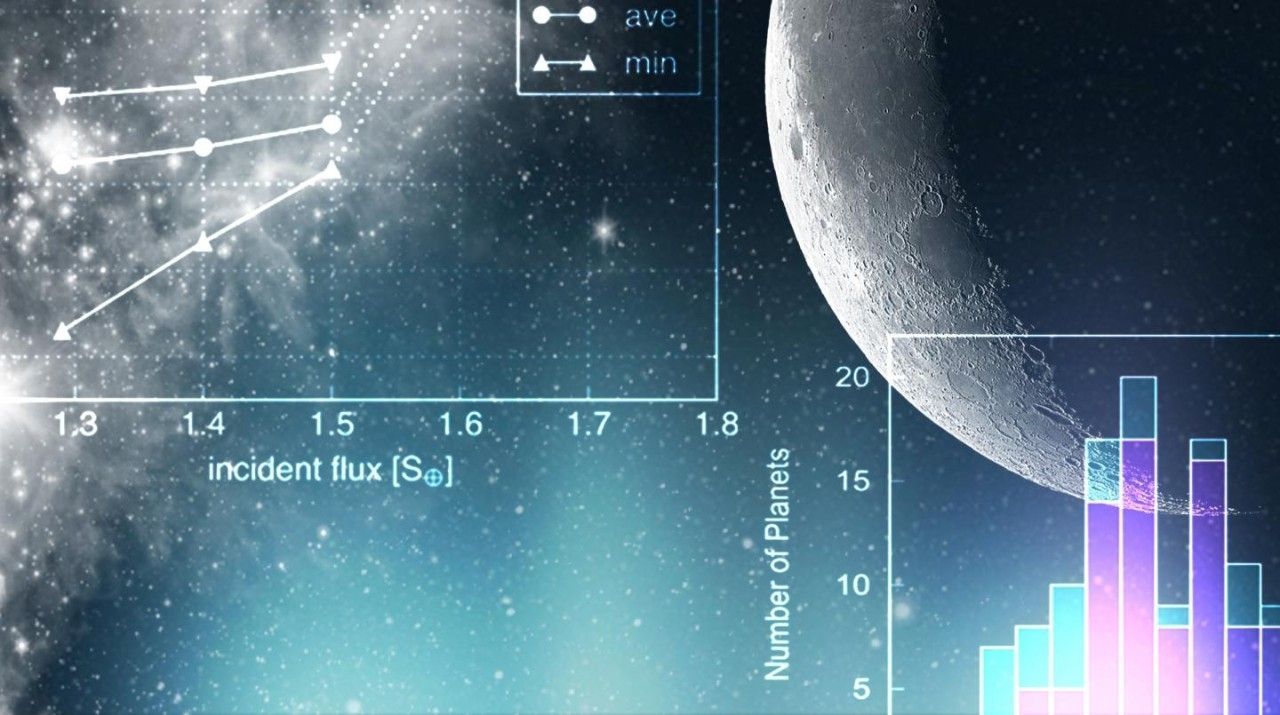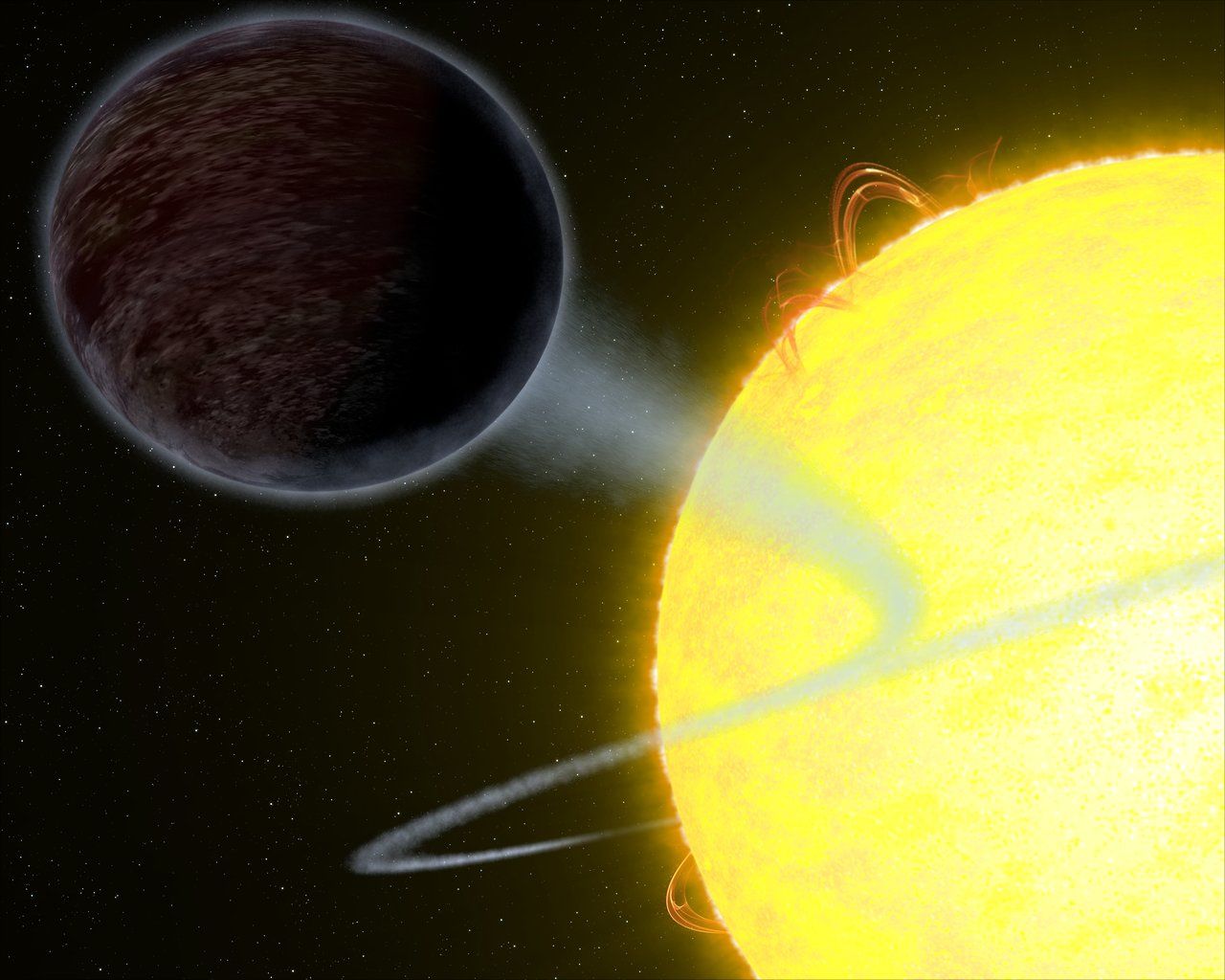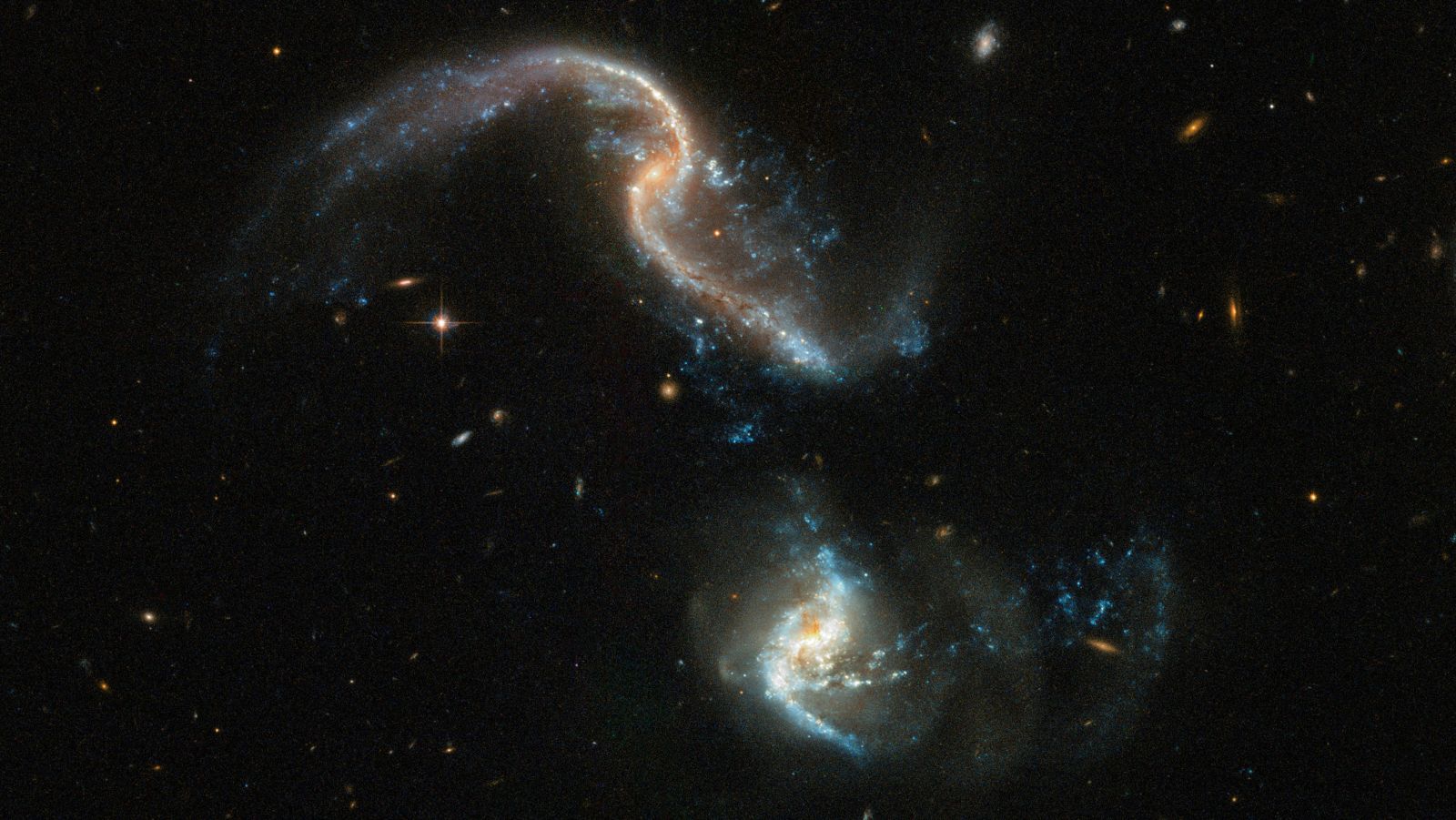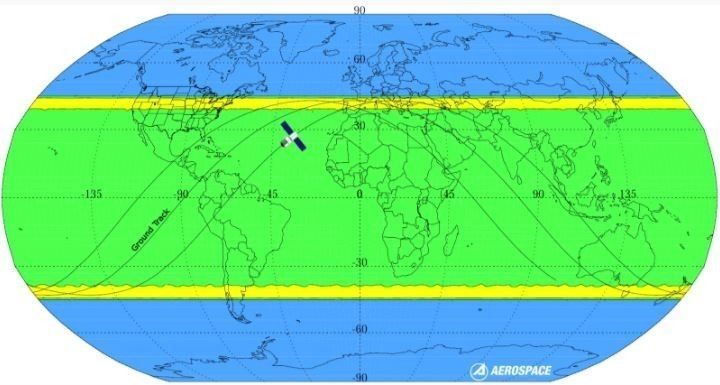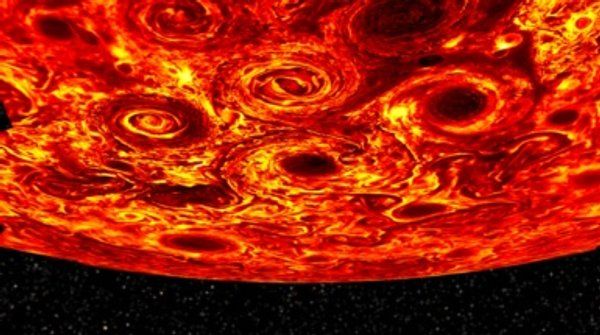Mar 14, 2018
Scientists discover 15 new planets, including ‘super-Earth’ that could harbor liquid water
Posted by Genevieve Klien in categories: climatology, space
Scientists have discovered 15 new planets, including a “super-Earth” that may have liquid water on its surface.
The planets are orbiting small, cool stars near our solar system that are known as “Red Dwarfs.”
One of the brightest Red Dwarfs, K2-155, has three “super-Earths,” one of which, K2-155d, could be within the star’s habitable zone. K2-155d, which has a radius 1.6 times that of Earth, may harbor liquid water, according to three-dimensional global climate simulations.
